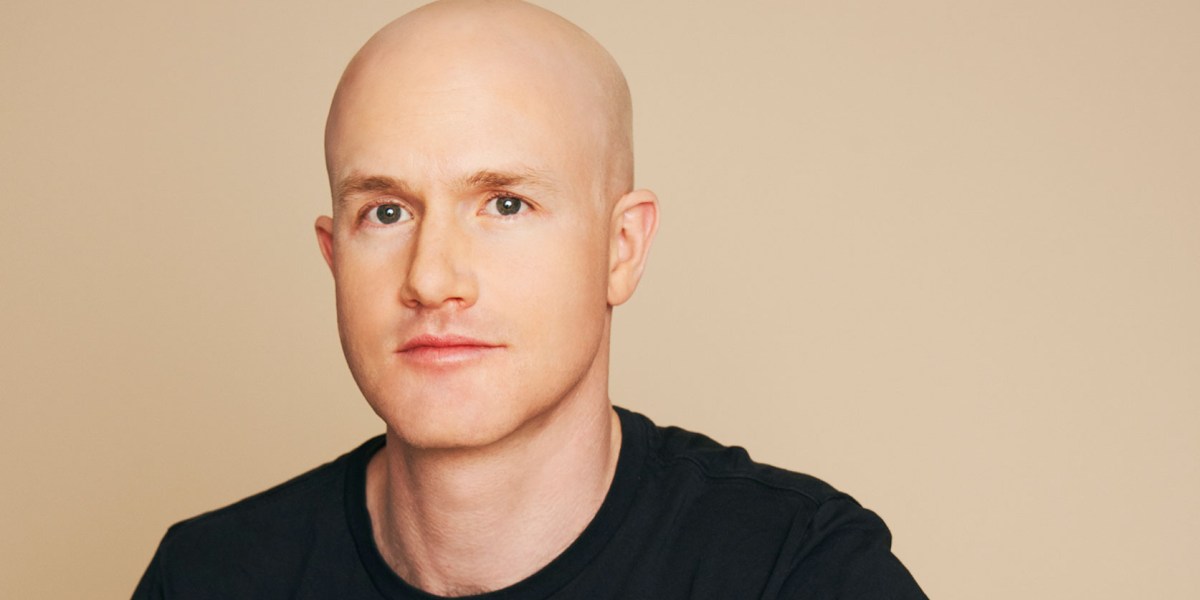“I think the time is right for the defining company in the US to be built in this area,” Armstrong posted.
The announcement from a deep-pocketed backer is a striking shift for a field considered taboo following the 2018 birth of the world’s first genetically edited children in China—a secretive experiment that led to international outrage and prison time for the lead scientist.
According to Dieter Egli, a gene-editing scientist at Columbia University whose team has briefed Armstrong, his plans may be motivated in part by recent improvements in editing technology that have opened up a safer, more precise way to change the DNA of embryos.
That technique, called base editing, can deftly change a single DNA letter. Earlier methods, on the other hand, actually cut the double helix, damaging it and causing whole genes to disappear. “We know much better now what to do,” says Egli. “It doesn’t mean the work is all done, but it’s a very different game now—entirely different.”
Shoestring budget
Embryo editing, which ultimately aims to produce humans with genes tailored by design, is an idea that has been heavily stigmatized and starved of funding. While it’s legal to study embryos in the lab, actually producing a gene-edited baby is flatly illegal in most countries.
In the US, the CRISPR baby ban operates via a law that forbids the Food and Drug Administration from considering, or even acknowledging, any application it gets to attempt a gene-edited baby. But that rule could be changed, especially if scientists can demonstrate a compelling use of the technique—or perhaps if a billionaire lobbies for it.
In his post, Armstrong included an image of a seven-year-old Pew Research Center poll showing Americans were strongly favorable to altering a baby’s genes if it could treat disease, although the same poll found most opposed experimentation on embryos.
Up until this point, no US company has openly pursued embryo editing, and the federal government doesn’t fund studies on embryos at all. Instead, research on gene editing in embryos has been carried forward in the US by just two academic centers, Egli’s and one at the Oregon Health & Science University.




